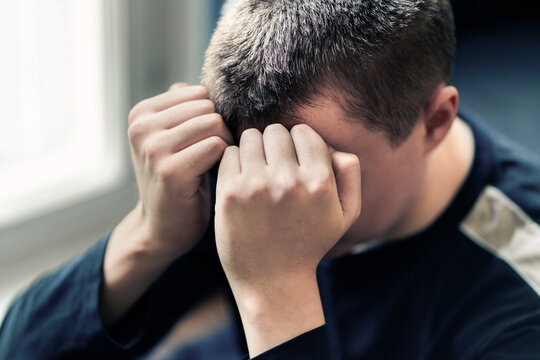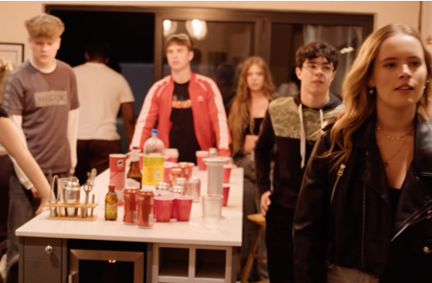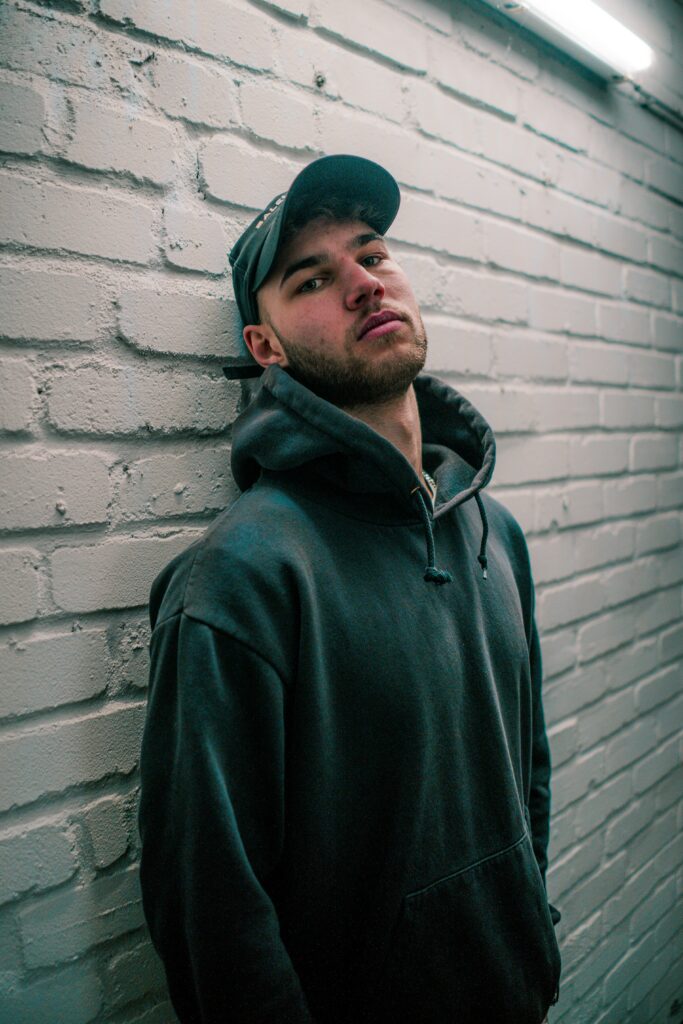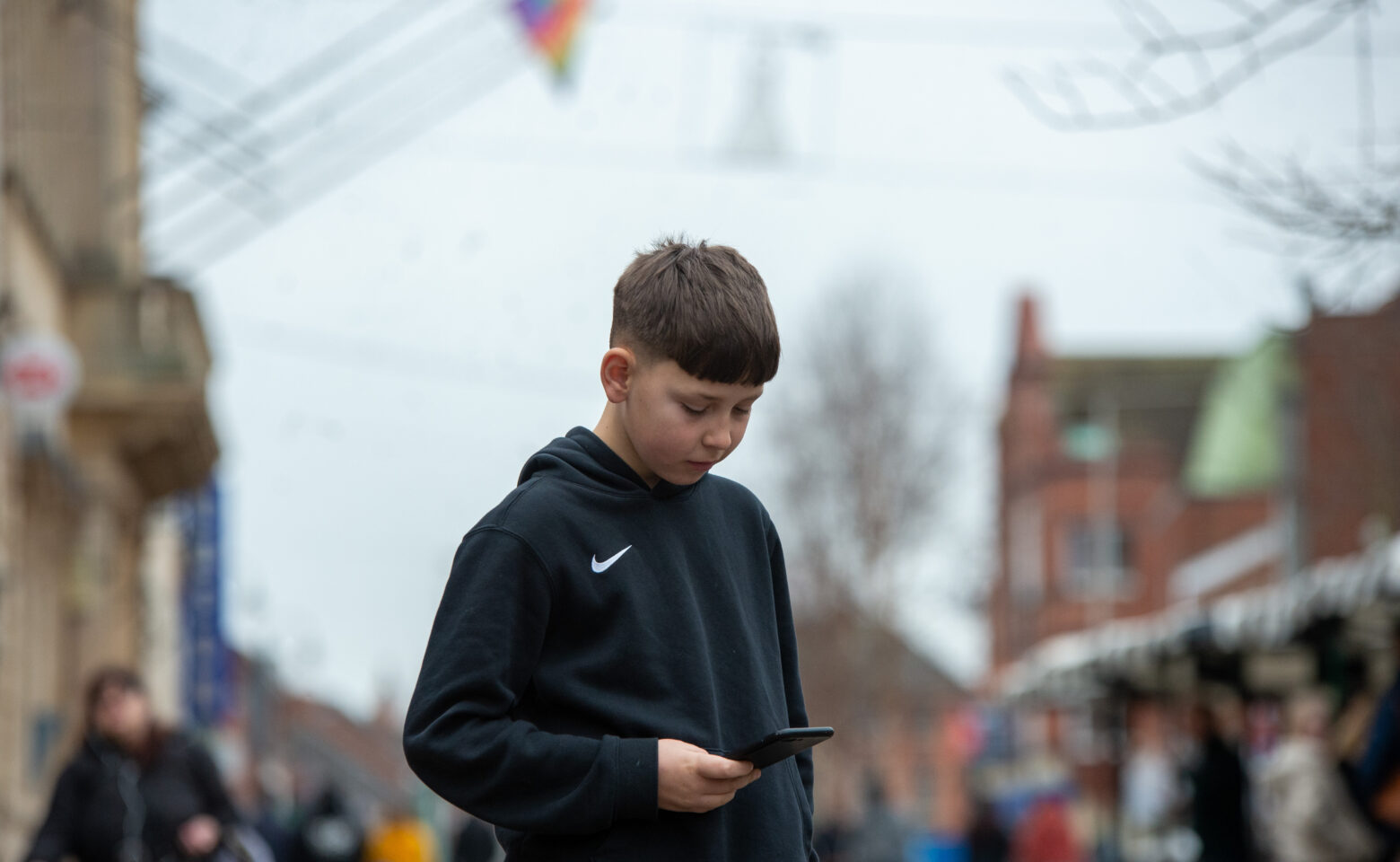WHAT ARE DRUGS AND ALCOHOL?
Drugs and alcohol are substances that change the way we think, feel and act. They can change the way our bodies work for certain amounts of time.
There are a lot of different drugs; some come as pills, some as powders, and some as liquids. They have good effects and bad ones, too – the type of effects and how strong they are depends on the type and amount that is taken.
‘Drugs’ can also refer to legal substances, like paracetamol and cough medicine. Usually though, when people talk about drugs, they’re talking about illegal substances that people take for enjoyment or other non-medical reasons. Using drugs this way is sometimes referred to as ‘recreational drug use’.
It’s so important that you’re aware of the risks involved with taking drugs and make informed choices. The more someone uses drugs, the more likely it is that they’ll experience bad side effects – some of which can be extremely serious.
If we know what to do when this happens, we’ll be able to look after ourselves and each other.
WHAT DO DRUGS MEAN FOR ME?
If you’re taking or tempted to take drugs and alcohol, it’s important to understand why you’re doing it. Knowing this will make it easier to get help if you need it.
For example, some people use drugs to forget about their problems; they might be having trouble at home, at school or with friends, or they might use drugs to relax and deal with mental health issues like anxiety or depression. Using drugs to escape problems is only a temporary solution – the ‘good’ effects of drugs will only last for a short while, and they won’t solve the problems that person is having. Using drugs regularly can lead to addiction, which can make those issues worse.
If your friends are experimenting with drugs, you might feel like you have to join in, or your friends might be pressuring you to do so. It can be very hard to say ‘no’ to your mates, and it can be scary if they’re trying to get you to do something you don’t want to do. The best way to deal with this is by being assertive – this way, you can say how you really feel without hurting anyone’s feelings.
Read more about standing up to peer pressure by clicking here.
THE LAW
If you choose to take illegal drugs, remember it can lead to a criminal conviction, which could end up affecting your future, for example, when getting a job.
If you’re under 18, it’s against the law to buy (or try to buy) alcohol, or to drink alcohol in licensed premises like restaurants, pubs, bars, and clubs, other than in the circumstances explained below.
If you’re under 18, it’s against the law to:
● Buy or try to buy alcohol.
● To ask an adult to buy alcohol for you.
● To drink alcohol in pubs, restaurants, bars and clubs.
It is legal for 5-17-year-olds to drink alcohol at home. It’s also legal for an adult to buy beer, wine or cider for 16- and 17-year-olds if they’re having a meal together in licensed premises, like a pub or restaurant. However alcohol can interfere with crucial brain development, and the Chief Medical Officers (CMO) in the UK advise that an alcohol-free childhood is the healthiest and best option
Find out more about the penalties for illegal drug-related crimes on the government website.
HOW CAN I PROTECT MYSELF AROUND DRUGS?
There are plenty of things you can do to protect yourself around drugs. Let’s take a look at some of them.
If you use a drug regularly, you’re likely to build up a tolerance to it, which means the effects won’t be as strong. If you stop taking that drug for a while, that tolerance will decrease.
If you start using that drug again, you might think to take the same amount (dose) as you did before. However, because your tolerance will have decreased, that dose will have a stronger effect and you may have an adverse reaction to it (which means unpleasant side effects). In extreme cases, this could even lead to an overdose. If you’re planning to use the same drug again after a break, plan to take less of it.
If you’re offered drugs, or you find yourself around drugs and you plan to use them, make sure you’re in the right headspace to take them. Everybody’s mental health situation is unique, and everyone’s relationship to substances will be different. Avoid taking drugs if you’re suffering from mental health issues like anxiety or depression – using drugs in these situations can make them worse.
It’s also important to remember that you might be in a different headspace than when you last used drugs. For example, some people might have been comfortable with crowds and large spaces when they took drugs before, but they might find them overwhelming now, which can lead to anxiety.
Where are you and who are you with? Can you get home safely? Using drugs in an unfamiliar setting can change how you react to them – if you take drugs, make sure to stay with people you trust and establish a meeting point in advance so you know where to head to if you get lost. Keep your phone charged and make sure to stay in contact with anyone who becomes separated from the group or gets lost.
Stick to using one drug at a time. Mixing drugs with other drugs or alcohol is very dangerous and increases the risk of negative side effects. Each drug has its own side effects, and they vary in strength and duration – combining these drugs can lead to unpredictable consequences.
Recreational drugs can also interact with mental health medication, which can further increase the risk of negative side effects. Stopping taking your mental health medication to use recreational drugs can also be risky – talk to your GP or your prescriber if you’d like to reduce or stop taking prescription medication.
Use a small amount of a drug to identify how you react to it. Take time between doses – this way, you can fully understand how the drug makes you feel mentally and physically before deciding whether or not to take more.
It’s always important to stay hydrated, but if you’re using MDMA, it’s important to pace your hydration and drink no more than a pint of water an hour. MDMA can confuse your body temperature; it makes you feel warm and thirsty, and it can make urination difficult, even if you’re well-hydrated.
You might be tempted to drink more water to cool down and urinate, but you may accidentally consume too much water, which can lead to ‘water intoxication’ – it can dilute your blood and flush out essential electrolytes that keep your body and brain working.
There are several symptoms that could be a sign of a drug overdose, and it’s very important to know what they are. They include:
- A temperature.
- Hot flushes or sweaty skin.
- Muscle pain or spasms.
- Breathing difficulties.
- Confusion.
- Headache.
- Seizures.
- Chest pain.
- Rigid muscles.
If you or someone you know start feeling some of these symptoms, call 999. Even if you’re in doubt as to whether it’s an overdose or not, it’s better to be safe, so call and ask for help with a possible overdose or bad side effects. An ambulance or paramedic will come to you – they won’t send the police (except in some circumstances), and you won’t get in trouble with the police if you phone for help with illegal drugs.
If you do need to call for medical help with a possible overdose, stay with the person until help arrives. Remember, you must be honest about what the person has taken – the medical professionals and the police will be able to help properly if they know the facts. Whatever drugs have been taken, know that the ambulance and the police are there to help you, not punish you.
How do I keep my mates safe when taking drugs?
It can be tricky to talk about drugs, especially if you think your friend or relative has a drug problem. Above all, try and stay open-minded; everyone’s situation is different and you never know why someone is taking drugs. Plus, most people are able to overcome their drug use before it’s too late with the right help and support.
It’s also important to remember that some people may not change their behaviour even if you do offer your support, which can be frustrating and upsetting. The FRANK website is full of great advice on how to help someone if you’re concerned about their drug use.

HOW TO HELP IF YOU THINK YOUR FRIEND HAS A DRUG PROBLEM?
Rather than feeling like you have to find the solution, the important thing is to let them know that you’re there for them if they need you. If you feel comfortable doing so, you could tell them that you’re worried about them and that their drug or alcohol use is affecting your friendship.
If you don’t feel comfortable talking about it or you don’t know what to say, that’s fine, too. Remember, it’s not your job to fix the problem. Instead of talking about it, you could try suggesting one of the resources at the bottom of this page.
HOW DO I KNOW IF SOMEONE HAS OVERDOSED?
The signs of an overdose will vary depending on the type and amount of drug that has been taken and the health of the person at the time of taking the drug. If you think someone is having an overdose or you’re concerned about their reaction, always call 999 – an overdose is always treated as a medical emergency. Ring an ambulance if you see the following signs:
- They’re unconscious or extremely drowsy.
- They’re having a seizure.
- They are asleep but are difficult to rouse.
- They’re snoring and or/gurgling. This could mean their airways are obstructed – put them into the recovery position.
- They have a severe headache or chest pain.
- They’re extremely paranoid, agitated, panicked, or confused.
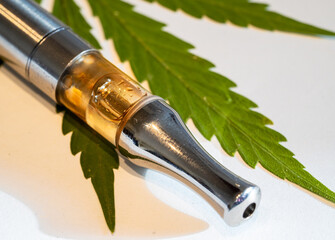
CANNABIS/THC VAPES AND EDIBLES
THC stands for tetrahydrocannabinol, which is a type of cannabinoid.
THC oil can be extracted from cannabis and used in vaping devices. This can cause people to get high faster than smoking cannabis, as the THC is absorbed straight into their blood supply. THC affects everyone differently, but due to its chemical makeup, the high from smoking THC is often more intense than from smoking cannabis.
THC oil can also be mixed into foods – edibles. Bright packaging and sweet flavours make these products seem fun – but the risks are serious.
A recent study suggests that over 90% of THC vapes are fake and actually contain spice/mamba (synthetic cannabinoids), a group of dangerous lab-made chemicals which have unpredictable and severe side effects which are much more dangerous than those associated with natural cannabis.
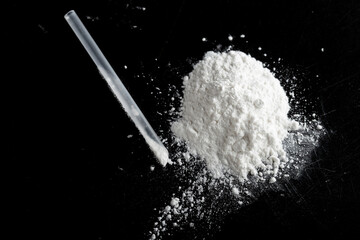
KETAMINE
Street Ketamine is usually in white or grey powder form, but it can come in the form of a liquid. (This is the form found in hospitals and veterinary surgeries where is is injected as an anaesthetic drug.) It is known by lots of different names including: Green, Special K, Super K and Donkey Dust.
Ketamine can be snorted in lines, injected or sometimes swallowed in a tablet form. Effects are felt quickly and it is often seen as a party drug.
A recent study found that more young people are now getting treatment for Ketamine use than for Cocaine.
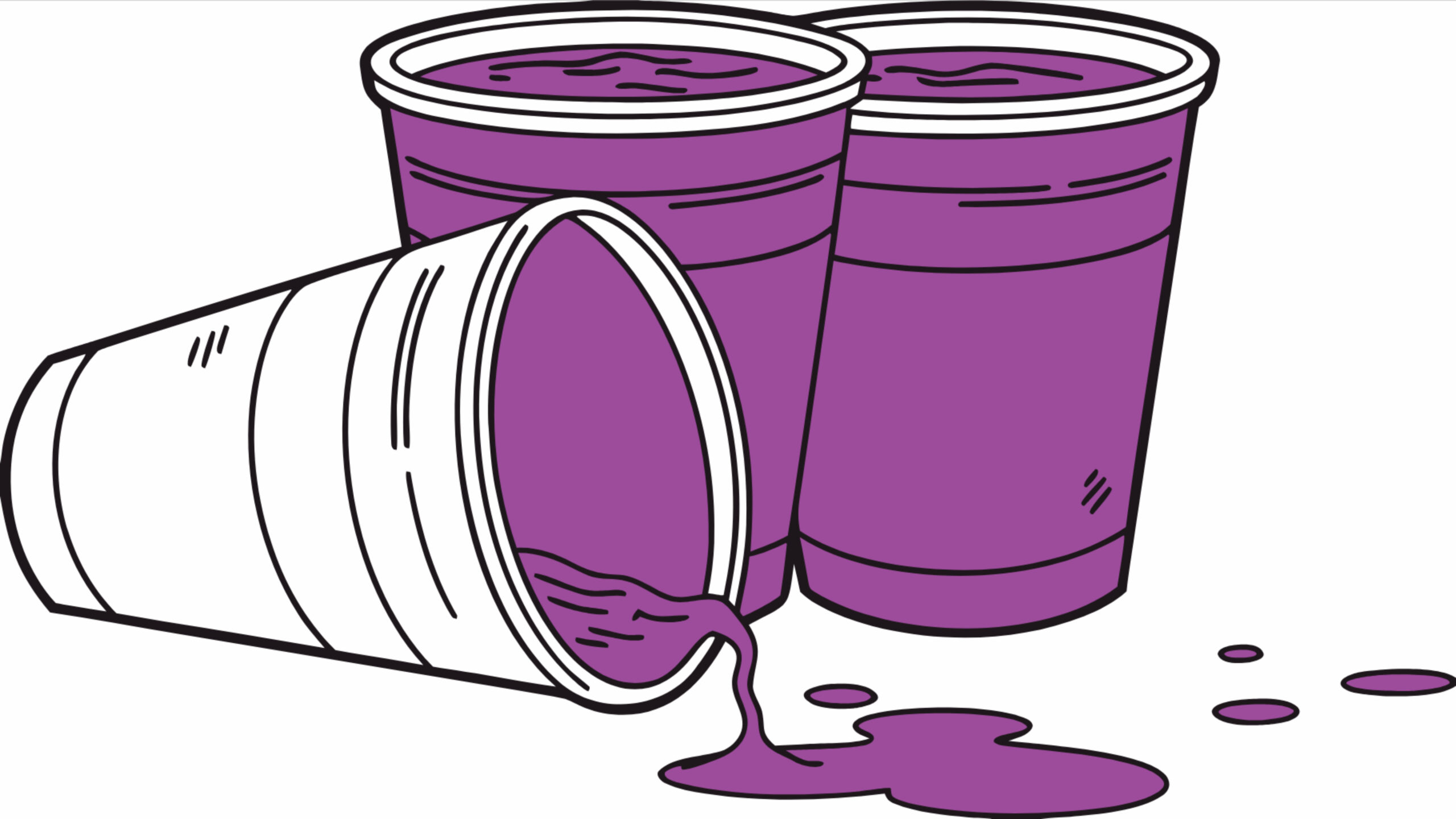
LEAN
Lean is a cocktail of legal and illegal drugs, topped up with a drink such as lemonade. It looks like a purple fizzy drink, and it tastes very sweet.
Lean is also known as: Sizzurp, Purple Drank, Texas Tea and Barre.
The typical Lean cocktail is made by mixing:
- Prescription-Strength Cough Syrup: This is the main active and dangerous ingredient, usually containing an opioid drug like codeine and an antihistamine like promethazine.
- Soft Drink/Soda: A sweet, fizzy beverage (like Sprite, Fanta, or Mountain Dew) is added to dilute the syrup and mask the taste.
- Hard Candy: Often fruit-flavored sweets are dissolved in the mixture to make it taste even sweeter.
- Alcohol: Occasionally, alcohol is added which increases the risk of overdose.

Common Effects of these drugs include:
- Euphoria and Happiness
- Altered Senses or Hallucinations
- Relaxation
- Loss of Inhibition
- A feeling of numbness or a lack of pain.
WHY THESE DRUGS ARE RISKY:
- Vapes can irritate your airways.
- Damage to veins if injecting.
- They can cause your blood pressure to drop.
- Edibles can be strong and may contain other harmful or illegal substances.
- You can get cravings and withdrawal symptoms including feeling irritable and sick, trouble with sleep and diet, sweating, shaking and diarrhoea.
- They can affect your mental health which might include difficulty concentrating, anxiety, paranoia and depression.
- Numb muscles may lead to poor coordination and accidents. You may not even be aware that you are injured and need help.
- Nausea and vomiting. This is especially dangerous if you are struggling to move.
- Damage to short and long-term memory.
- Confusion puts you at risk of harm from others, and at risk of having an accident.
- Bladder pain (bladder rot). Ketamine is known to cause severe damage to your bladder which can be irreversible, and you may become incontinent, or need your bladder removed.
ADDICTION
Substance use generates extra endorphins in the brain – endorphins give us a sense of pleasure, which results in a surge of dopamine hormones as part of the ‘reward system’ in our brain. Generating more dopamine can lead to addiction as the brain craves more of those endorphin hits.
Signs of potential addiction include:
- You need more of a substance to get high.
- You can’t stop taking it even though it’s negatively affecting your life, such as relationships, friendships, school or work.
- You have constant cravings and thoughts of having it.
- You are using it as a coping mechanism for stress or other negative feelings.
- You have withdrawal symptoms when you don’t have it. These might include nausea and vomiting, stomach cramps, diarrhoea, loss of appetite, enlarged pupils, shakiness, fever, body pain and chills.
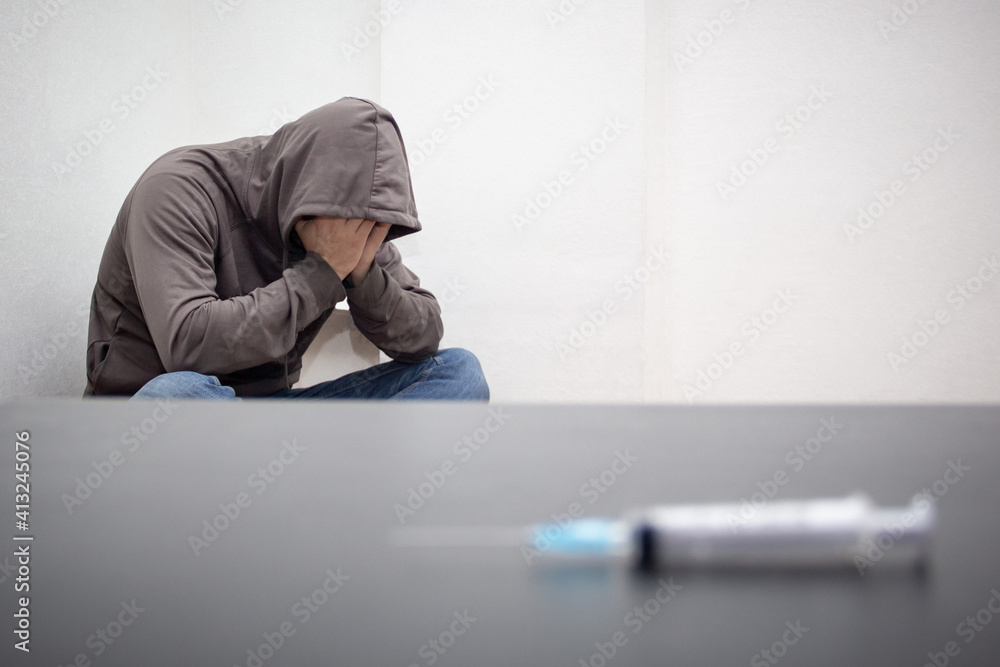
I NEED HELP AND SUPPORT
Turning Point support young people to deal with the challenges they face around drugs, alcohol and surrounding issues.
FRANK has lots of information about the effects that drugs can have on you and can offer you advice and support.
Drug Science looks at how drugs work and what the risks are.
Drugs and Me provides information on drugs, how they interact with each other and how to avoid coming to harm.

